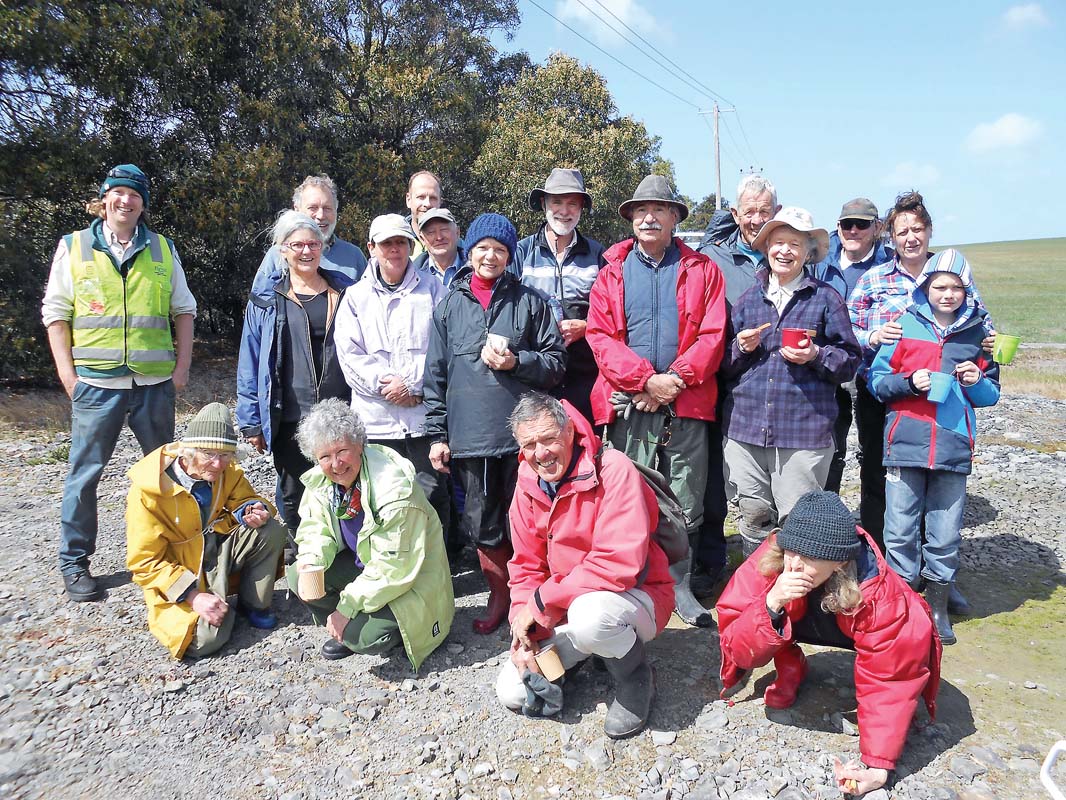ONE of the Mornington Peninsula’s bushland jewels and an important biolink for local flora and fauna needs a helping hand to ensure it remains an environmental and recreational resource well into the future.
The Devilbend Foundation – a group of volunteers dedicated to maintaining the 422-hectare Devilbend Reserve, in conjunction with Department of Environment, Land, Water and Planning, Parks Victoria and Devilbend Landcare – is asking for more volunteers.
Spokesperson Marnie Fitzsimmons said the focus of caring for the reserve was keeping it weed and rubbish free, and maintaining it as a wildlife corridor, which was challenging in an era of rapid residential development and population growth.
The reserve is one of the region’s most important bird habitats and, in addition to regular weeding and clean-up sessions, there are monthly bird counts held there and at the adjacent Woods Reserve.
But with the impact of COVID-19 on volunteer numbers, and the expected attrition rate of the mostly-elderly volunteers, the group needs to boost its numbers.
“We haven’t been able to do much in the recent year or so because of COVID, so there is a bit of work to do but even fewer people to do it,” Ms Fitzsimmons said.
“Many of our lovely volunteers are elderly, which is great, but we also need some younger adults who are reasonably fit and active.”
Ms Fitzsimmons said the reserve had experienced an increase in the number of people using it during COVID, because the five kilometre travel limit had encouraged locals to explore closer to home.
“Lots of people are using the reserve these days, but they also leave their rubbish and that creates an added problem for people trying to maintain it,” she said.
According to Landcare groups, there is only 18 per cent of native vegetation left on the peninsula, with the reserve acting as an important habitat refuge for wildlife.
The reserve also includes the largest inland water body on the peninsula and one that is becoming increasingly popular with groups of young recreational users.
The lowland forest, reservoirs and shoreline provide habitat and recreational space, with people flocking to the reserve in increasing numbers to enjoy picnics, fishing photography, birdwatching and water activities.
But Ms Fitzsimmons said lack of government money for the reserve made volunteers even more important in ensuring the essential natural environment was protected and maintained.
Anyone who would like to volunteer with the Devilbend Foundation should email Ms Fitzsimmons at marniefitz1@gmail.com


